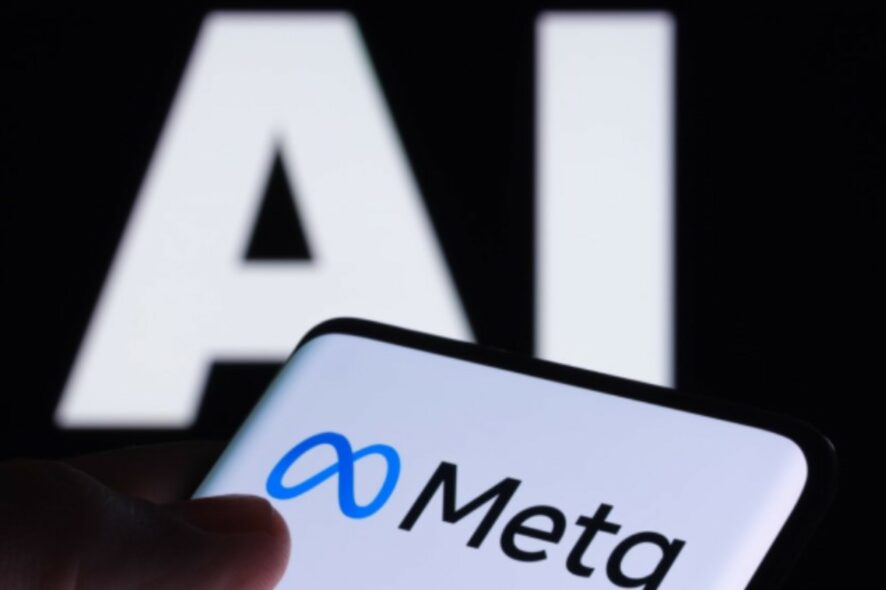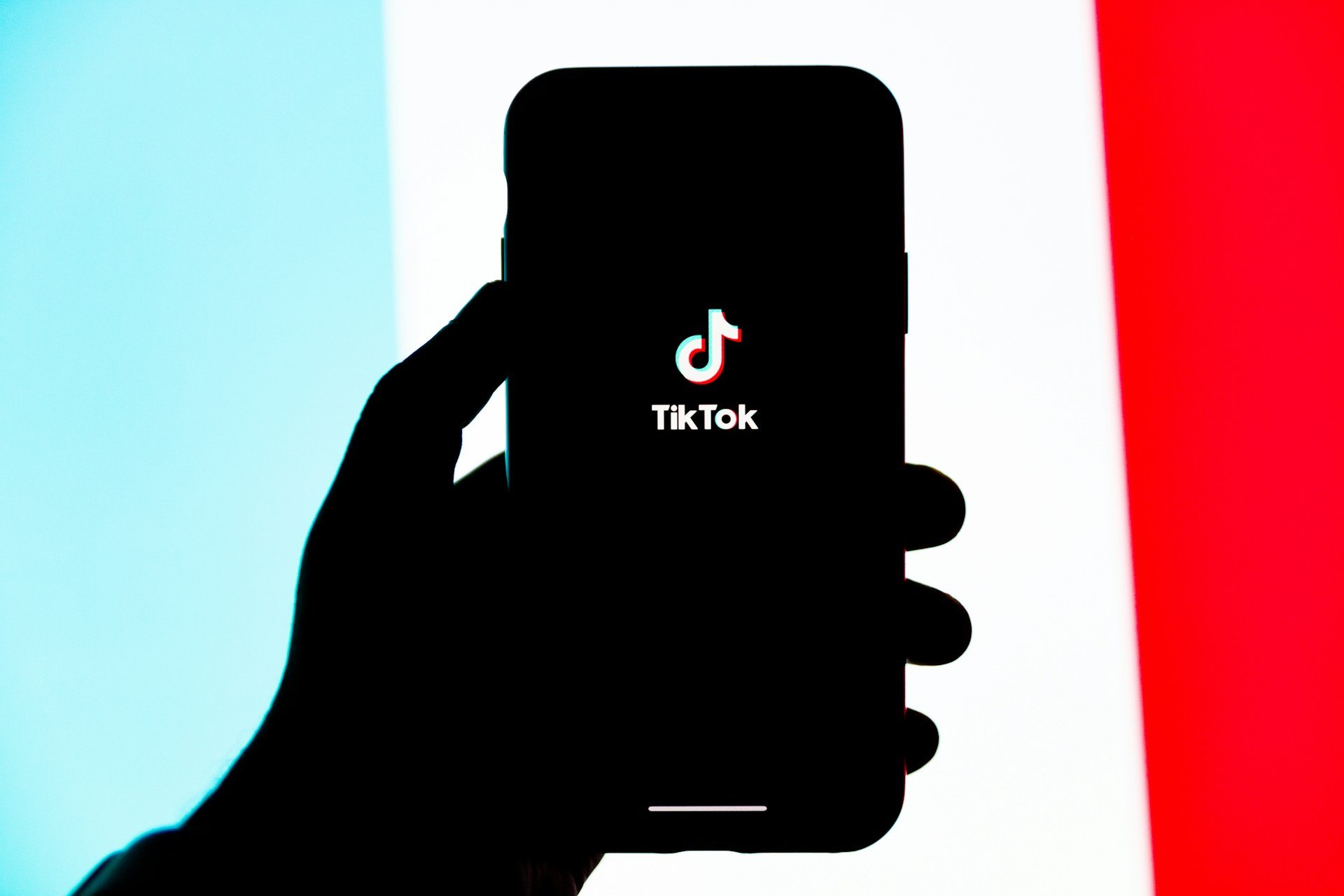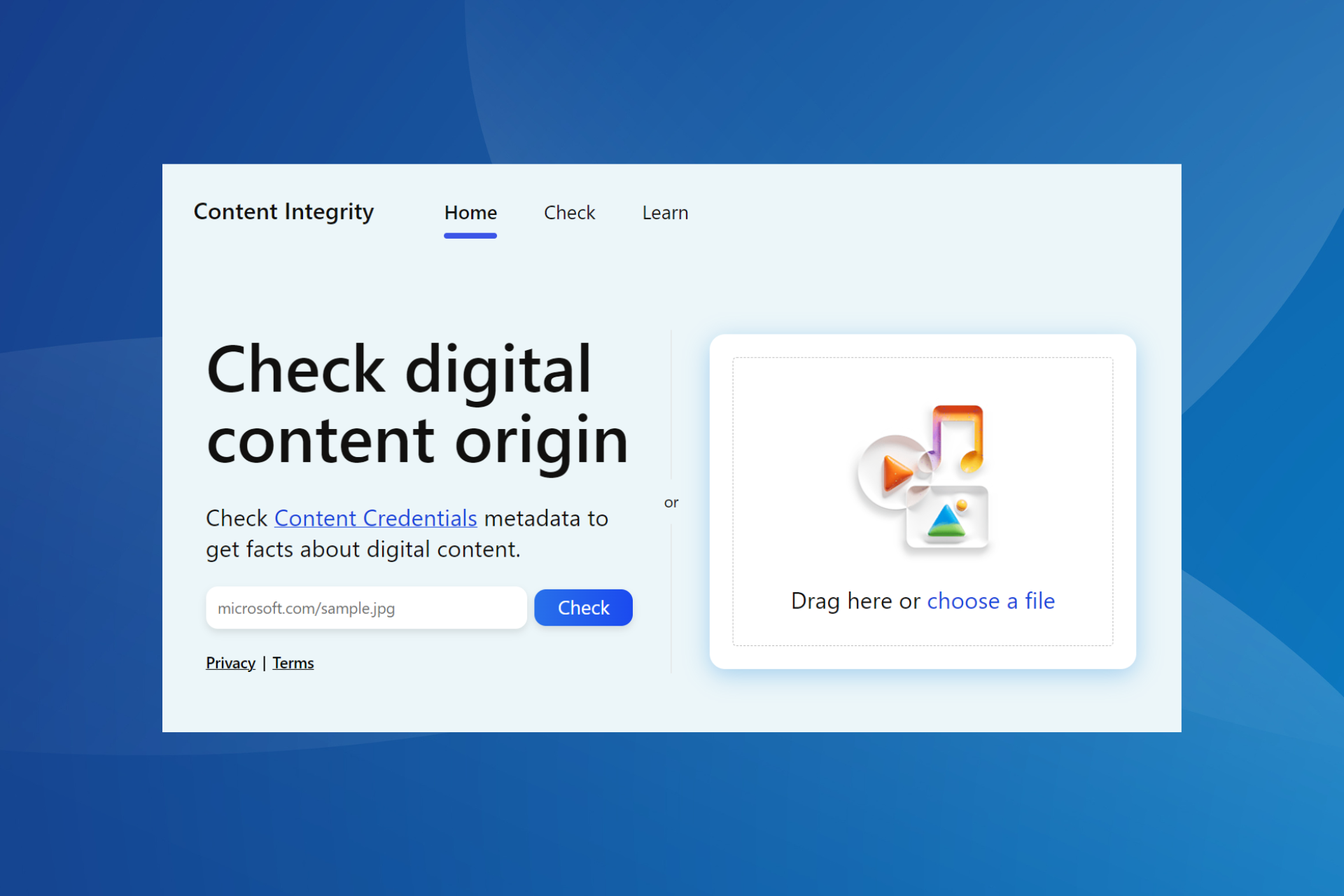Meta image generator is now available in your browser
2 min. read
Published on
Read our disclosure page to find out how can you help Windows Report sustain the editorial team Read more

Meta’s AI image generator, Imagine, has now been made available via web browser with its own dedicated site (which you can check out at imagine.meta.com). Previously, users could only access the tool through the Meta chatbot within Facebook Messenger, Instagram or WhatsApp.
Imagine works similarly to other AI-powered image generation tools like Bing Image Creator. While being able to use Imagine right on the web makes the tool far less restrictive for users, you’ll still need a Meta account to use Imagine. Note that this web tool isn’t yet available in certain regions at launch.
Imagine is merely one feature of Meta’s chat-based virtual assistant tool, Meta AI. As announced in a Wednesday blog post,
“We’ve enjoyed hearing from people about how they’re using imagine, Meta AI’s text-to-image generation feature, to make fun and creative content in chats. Today, we’re expanding access to imagine outside of chats, making it available in the US to start at imagine.meta.com. This standalone experience for creative hobbyists lets you create images with technology from Emu, our image foundation model. While our messaging experience is designed for more playful, back-and-forth interactions, you can now create free images on the web, too.”
Users will be able to download created images, albeit with a caveat: watermarks. Each image created in Imagine for the web will be marked with a “Imagined with AI label.” Meta also mentioned in the blog post that “In the coming weeks, we’ll add invisible watermarking to the imagine with Meta AI experience for increased transparency and traceability.” Meta says this invisible watermarking will thwart common image manipulation techniques like cropping, screen-shots and so on.








